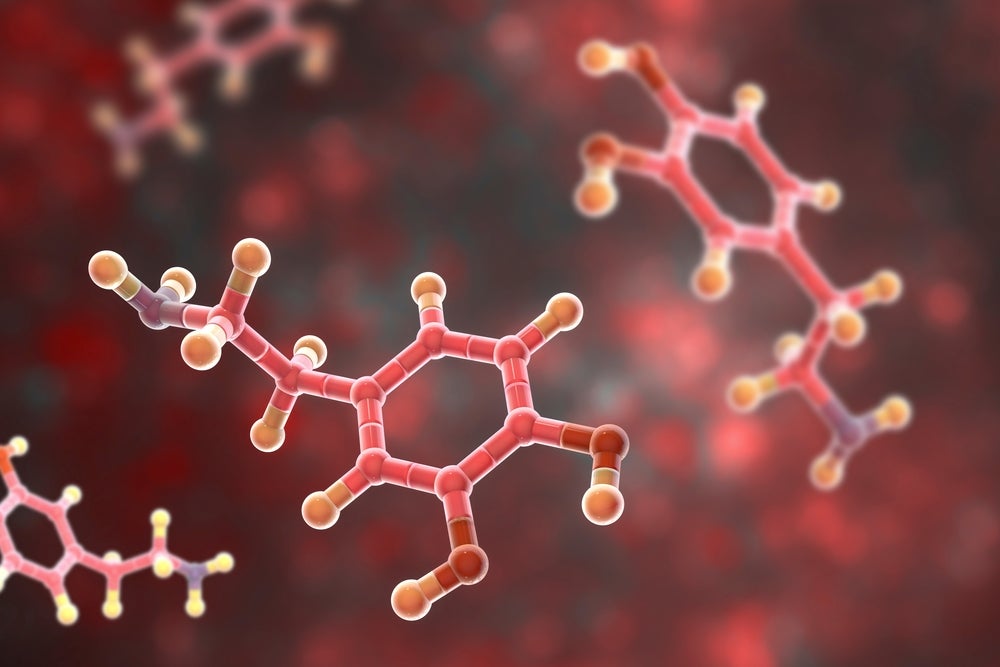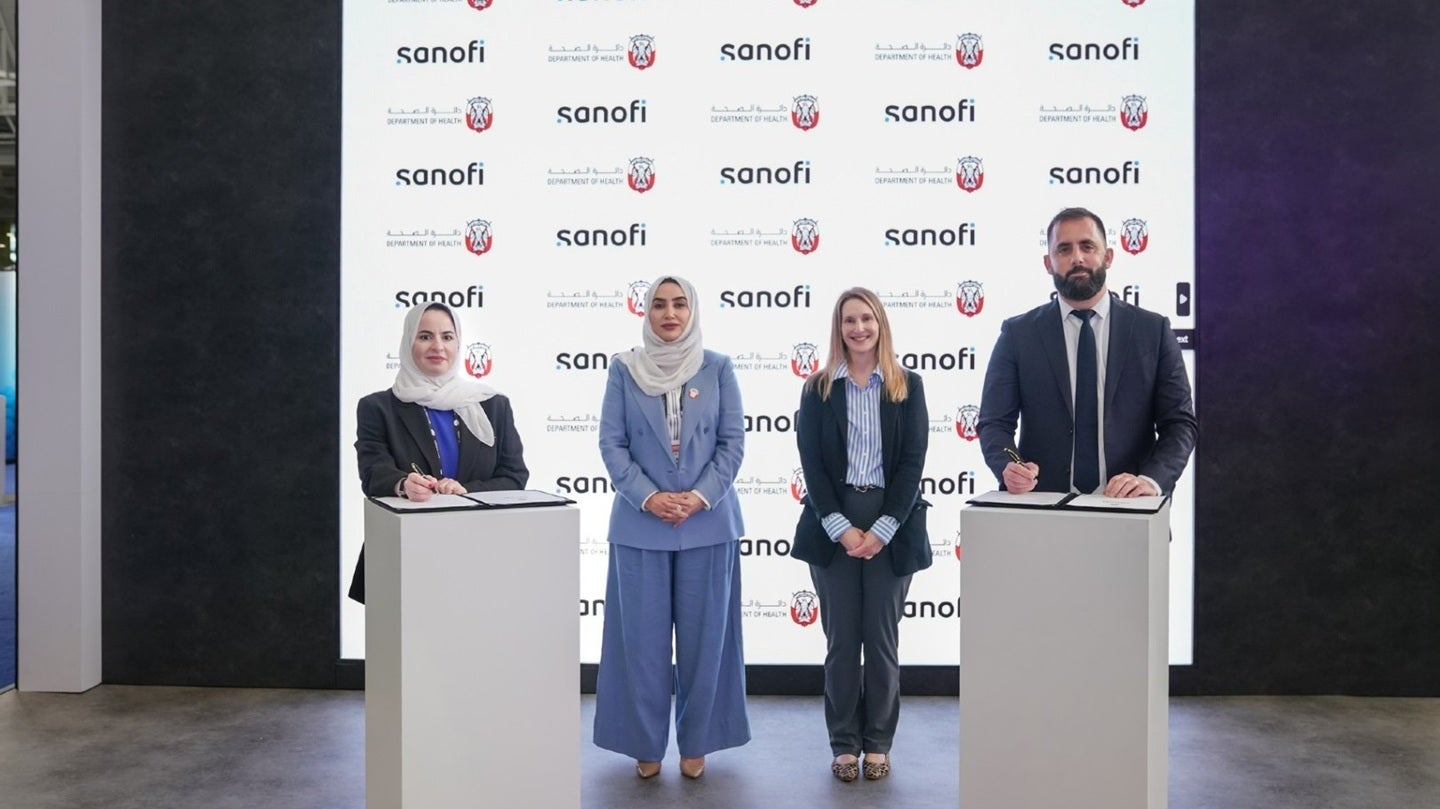UVA Assistant Professor Secures $5.5 Million Grant to Advance Focused Ultrasound Research
A groundbreaking approach to address metastatic breast cancer, a particularly aggressive form of the disease, is emerging from the University of Virginia, driven by the innovative research of Natasha Diba Sheybani. With a recent award of $5.5 million from the U.S. Department of Defense Breast Cancer Research Program, Sheybani aims to revolutionize the ways this […]


A groundbreaking approach to address metastatic breast cancer, a particularly aggressive form of the disease, is emerging from the University of Virginia, driven by the innovative research of Natasha Diba Sheybani. With a recent award of $5.5 million from the U.S. Department of Defense Breast Cancer Research Program, Sheybani aims to revolutionize the ways this challenging ailment is treated. Her pioneering research utilizes focused ultrasound (FUS), a technique that employs sound waves to develop targeted therapeutic strategies, offering new hope to patients struggling with this often incurable condition.
Breast cancer remains a formidable health challenge. Despite advances in medical treatment, statistics remain bleak, with only about one-third of individuals diagnosed with metastatic breast cancer surviving beyond five years. Traditional approaches, including chemotherapy, radiation, and surgical interventions, often lead to significant side effects and the risk of exacerbating the patient’s overall condition. In this landscape of high stakes, Sheybani’s research stands out, as it endeavors to minimize toxicity while enhancing the effectiveness of cancer therapies.
The simplicity of focused ultrasound belies its potential as an innovative tool in cancer treatment. The method harnesses the power of sound waves to create tailored biological responses, effectively “communicating” with the body’s immune system and improving its ability to fight tumors. This communication is particularly crucial given that many standard treatments struggle to penetrate the protective barriers tumors establish to shield themselves from the immune system and pharmacological agents.
Sheybani’s research emphasizes the creation of precise pathways for therapies to navigate tumor barriers, a concept likened to programming the physics of sound waves. By using FUS to disrupt the barrier surrounding a tumor without invasive procedures, the treatments can be made more efficient, allowing for targeted therapy to reach its intended destination unhindered. This approach aims to transform the traditional paradigms of cancer treatment by focusing on individual patient survivorship, yielding significant implications for future therapeutic strategies.
Another facet of Sheybani’s innovative research lies in the concept of guiding therapeutic messages directly to cancer cells. Traditional chemotherapy often indiscriminately affects healthy tissues, raising concerns about collateral damage. Instead, by tuning sound waves to pinpoint specific cancer cells, FUS provides a non-invasive means of delivering treatments directly where they are needed. This precision not only promises fewer harmful side effects but may also enhance the overall effectiveness of cancer treatments.
The ability to signal the immune system to mount a targeted response is a cornerstone of immunotherapeutic strategies and revolutionary in cancer treatment. Focused ultrasound acts as a beacon, alerting the body’s immune defenses to the presence of cancer and potentially enhancing the overall response to immunotherapies. This method of manipulation could fundamentally shift how we perceive the fight against cancer, emphasizing the potential for the immune system to be utilized as a formidable ally in combating malignant growths.
As daunting as breast cancer may seem, Sheybani’s research illuminates multiple promising methodologies for utilizing focused ultrasound in clinical settings. From thermal ablation, which precisely delivers heat to cancer cells until they disintegrate while preserving adjacent healthy tissues, to mechanical ablation, which disrupts stubborn tumors through sonic shocks, the various applications of FUS technology reveal the diverse avenues through which cancer treatment can be enhanced.
The concept of sonodynamic therapy introduces an intriguing layer to her research, wherein specific medications can be activated by precise sonic cues. This not only ensures that drugs are administered only where necessary but also minimizes systemic toxicity, allowing for treatment protocols that could usher in a new era of cancer therapeutics. Additionally, the capability of FUS to temporarily disrupt protective barriers like the blood-brain barrier presents a significant advancement. This technique allows crucial medications easier access to once unreachable cancer sites, positing focused ultrasound as a transformative force in the oncological landscape.
Sheybani’s vision extends beyond the laboratory; her project seeks to improve communication among survivors, caregivers, and clinicians through a collaborative initiative with the UVA Cancer Center. By engaging stakeholders in meaningful discourse, she hopes to align research advancements with patient needs, paving the way for translational breakthroughs in cancer therapy. This initiative amplifies the importance of understanding the patient experience and integrating those insights into the research model.
The magnitude of the U.S. Department of Defense Breast Cancer Research Program’s recognition further emphasizes the promise of Sheybani’s work. Only granted to one researcher nationwide in fiscal year 2024, the Era of Hope Scholar Award underscores the significance of innovative work poised to redefine standards in cancer research and treatment methodologies. Experts in the field, such as Amy Bouton, have expressed their enthusiasm for the groundbreaking nature of Sheybani’s research, recognizing it as a vital leap toward addressing the complexities of breast cancer.
Sheybani herself articulates the urgency behind her research, noting the troubling rise of breast cancer incidence among younger women and the critical need for treatments that are less toxic and invasive. The dual goals of enhancing patient survivorship and reshaping cancer treatment paradigms reflect the broader aspirations of modern oncological research. As she and her team delve deeper into the mechanics of focused ultrasound, the hope is to arrive at practical solutions that can be rapidly translated into clinical applications.
Unquestionably, Natasha Sheybani’s pioneering work at the intersection of engineering and cancer treatment symbolizes a beacon of hope for many grappling with the implications of metastatic breast cancer. Through innovative techniques and a commitment to advancing patient care, her research may indeed reshape the future landscape of oncology, giving rise to treatments that not only combat cancer effectively but also prioritize the well-being of the patient.
The journey ahead is fraught with challenges, yet it is defined by an unwavering commitment to push boundaries and explore the uncharted territories of cancer treatment. Focusing on the precise use of sound waves as a therapeutic agent projects a future where cancer care is synonymous with precision, personalization, and positivity. As the research progresses, the implications of Sheybani’s work resonate far beyond the confines of the laboratory, heralding a new chapter in the battle against one of the most formidable diseases of our time.
Subject of Research: Focused Ultrasound in Metastatic Breast Cancer Treatment
Article Title: Innovative Techniques with Focused Ultrasound Offer New Hope for Metastatic Breast Cancer
News Publication Date: October 2023
Web References: University of Virginia Engineering
References: None provided
Image Credits: Tom Daly, UVA School of Engineering and Applied Science
Keywords: Focused Ultrasound, Breast Cancer, Cancer Research, Biomedical Engineering, Immunotherapy, Precision Medicine, Natasha Diba Sheybani, U.S. Department of Defense, Era of Hope Scholar Award.
Tags: breast cancer survival ratesDepartment of Defense grantenhancing cancer treatment effectivenessfocused ultrasound researchinnovative cancer therapiesmetastatic breast cancer treatmentminimizing chemotherapy side effectsNatasha Diba Sheybanirevolutionary cancer research initiativessound wave technology in medicinetargeted therapeutic strategiesUniversity of Virginia research
What's Your Reaction?


































